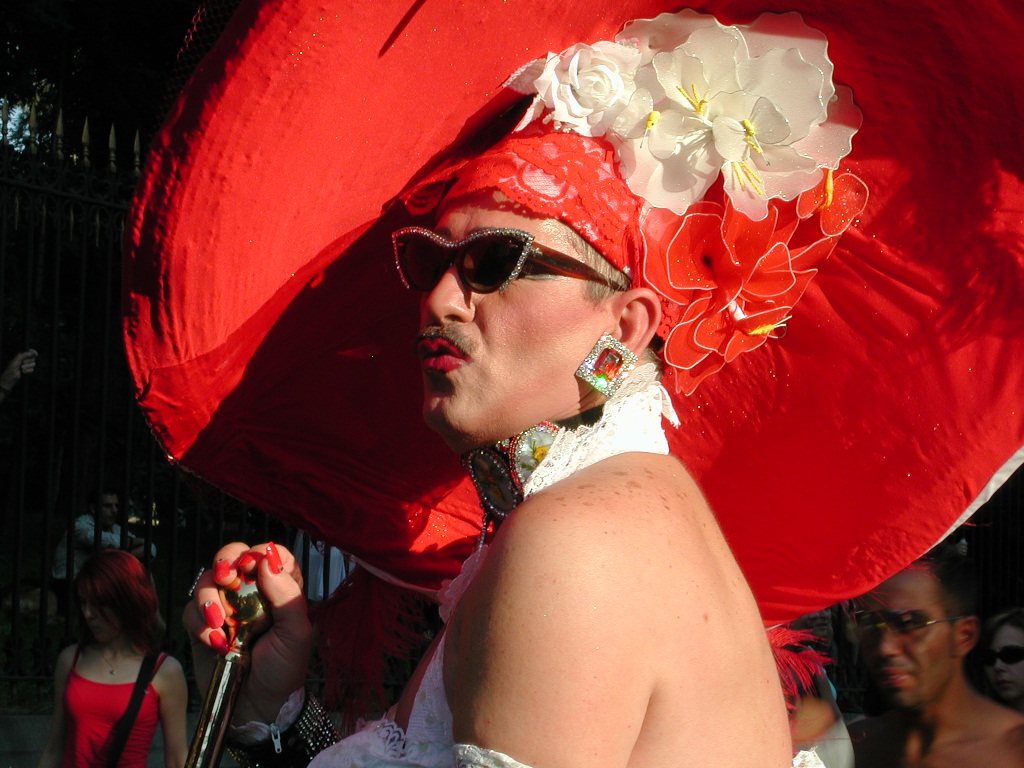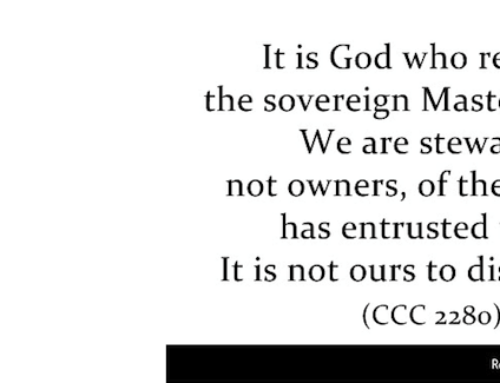Bill Donohue
This article was originally published by Newsmax on May 25, 2016.
Looks like old Descartes got it wrong. “Cogito ergo sum,” or, “I think therefore I am,” has been superseded by “Sentio ergo sum,” or, “I feel therefore I am.” Welcome to the post-Oprah world of feelings.
“Follow your feelings. If it feels right, move forward. If it doesn’t feel right, don’t do it.” That’s what Oprah told 2008 graduates at Stanford. “And how do you know when you’re doing something right? How do you know that? It feels so. What I know is that feelings are really your GPS system for life.”
Rachel Dolezal, a blue-eyed blond, recently admitted that she felt she was an African-American. Accordingly, she told the world she was as black. She explained that “from a very young age [I] felt a spiritual, visceral, this feeling of central connection with ‘black is beautiful.'”
After her white parents said she was a white woman pretending to be black, Dolezal responded in vintage Oprah terms. “I do not feel like they are my mom and dad.”
Race, of course, is not a matter of feelings, or even volition: it is a matter of biology. Though it is contentious in some quarters to say so, we don’t choose our race any more than we choose our sex.
However, in today’s world of “Sentio ergo sum,” we are now being taught that a man can choose to be a woman — if he feels like it — and vice versa. All that is necessary for someone to belong to the opposite sex is to feel that he or she belongs to it, and bingo, it’s a done deal.
The Obama administration has not only bought into this new round of sexual subjectivism, it is demanding that educators get in line. In its May 13 letter to the public schools across the nation, the Department of Justice defined gender identity as “an individual’s internal sense of gender.”
Thus did the DOJ award feelings a privileged position over reason. That schools would be expected to honor feelings over reason is one of the most overlooked aspects of this bizarre chapter in recent American history.
We might expect therapeutic institutes to promote this view, but not educational entities.
In keeping with the Obama administration’s penchant for power, there were no public debates or hearings on this subject, just decree. Vanita Gupta, who leads the Justice Department’s civil rights division, didn’t think dialogue, or the presentation of evidence, was necessary to adopt a new policy.
She argued that it was enough that transgender public employees may “feel afraid and stigmatized on the job.” Similarly, there are students who “feel like their campus treats them differently because of who they are,” as well as those who have been made to “feel inferior.”
It looks like her politics of feelings is winning. A female teacher in Oregon who feels she is a man just won $60,000 for claiming she was harassed on the job. Never mind that an internal investigation found no proof of harassment, or that this person no longer considers herself a man — she now prefers to be known as “transmasculine” and “genderqueen.”
To the uninitiated, those terms are just some of the labels that have become available for self-identification in New York City: There are now 31 officially recognized genders in the Big Apple, making references to “guys and gals” seem quaint, if not bigoted.
Only 0.3 percent of Americans reject their sex as determined at birth (the Obama administration uses the term “assigned” at birth); the rest of us are comfortable with being a man or a woman. To be sure, every human being deserves to be afforded human dignity, but nothing demands that we suspend the faculty of reason to decide public policy.
Facts can be stubborn, and this is especially true of biological facts. XY = male; XX = female. Men determine the sex of the child — women never do.
A man who feels he is a woman can never menstruate or get pregnant. That’s just the way it is. Chalk it up to nature, and nature’s God.
The American College of Pediatricians recently said, “No one is born with a gender. Everyone is born with a biological sex.” Gender roles, as sociologists instruct, are socially learned ways of behaving that are deemed appropriate for boys and girls. That they take their cues from nature is indisputable.
For example, in every society — there are no exceptions — men are more aggressive than women. This is not a function of culture, but of biology. To be specific, men have more testosterone than women. It has nothing to do with “feelings,” but with certain biological imperatives.
The Department of Justice cannot alter nature, and it cannot decide by edict that the sexes are interchangeable. There is a limit to rule by feelings. At some point, reason is bound to kick in.
Dr. William Donohue is the president and CEO of the Catholic League for Religious and Civil Rights. The publisher of the Catholic League journal, Catalyst, Donohue is a former Bradley Resident Scholar at the Heritage Foundation and served for two decades on the board of directors of the National Association of Scholars. He is the author of six books, and the winner of several teaching awards and many awards from the Catholic community. Read more of his reports — Click Here Now.







